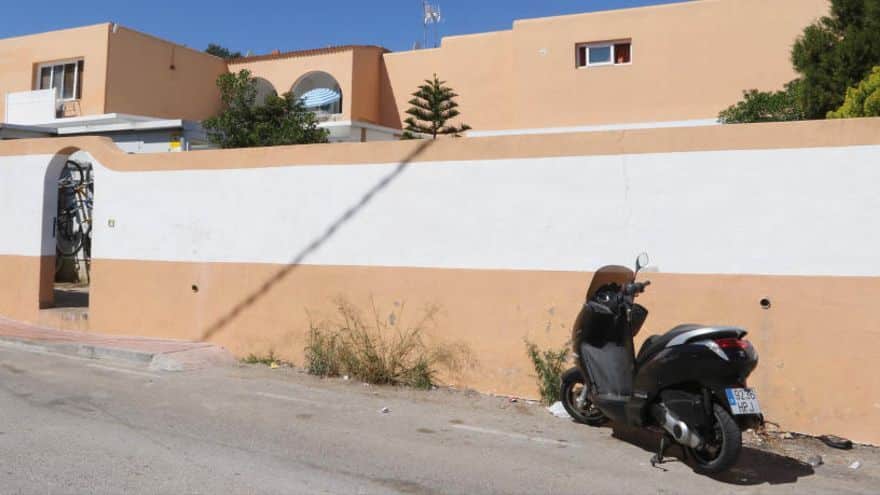The Balearic Islands High Court of Justice (TSJB) confirms the illegality of the extention works of the so-called ‘chalé patera’ on Ibiza by dismissing the appeal filed by the owner against a previous judgment by the Palma Contentious Administrative Court No. 1.
In February 2018 the Governing Board of the Sant Antoni City Council agreed to demolish the works that had been executed without a license, restore the Ibiza property to its original state, as well as to definitively prevent the uses to which these changes have given rise. The property then filed an Administrative Litigation which was dismissed exactly two years later (February 2020) by Court No. 1 and after which it filed an appeal, which has also been dismissed.
It should be recalled that the Consistory estimated that the works to be demolished were about one thousand square meters, since the property has a building license of 333 m2, and consisted of the extension of the two floors of the house and the change of use from a warehouse to a dwelling of more than one hundred square meters.
The ruling was resolved on March 18th and was notified on Monday to both the City Council and the owner, who now has 30 days to file an appeal before the Supreme Court.
In this sense, the owner of the building’s lawyer explains to this newspaper that they will “definitely” appeal, but that they have not yet had time to study the sentence. For her part, the councilor of General Services of Sant Antoni, María García, points out that, if this is the case, “it could be a year before it becomes final”.
Licenses on the plot on Ibiza
The house, whose construction license dates from 1992, allowed three bedrooms on the first floor, living room, kitchen, bathroom and toilet; a bedroom on the second floor and a bathroom. The works were completed two years later with a total area of 230 m2. That same year, the property obtained a license for the construction of a warehouse attached to the house on the first floor of almost 104 square meters, of which there is no record of completion.
In 2001, the City Council issued a new license to build a house over the warehouse, of which there is also no record of completion. This space consists of three bedrooms, two bathrooms, kitchen and living-dining room.
Therefore, since 2001 and based on the licenses granted, there must be two attached buildings on the plot, the original one consisting of a single-family house on the first floor and second floor, and another building with a warehouse on the first floor and a house above it.
It was from then on, between 2011 and 2014, when unauthorized works were carried out, as confirmed by municipal technical reports, and for which several sanctioning proceedings were opened. One of them for changing the use of the warehouse, which began to be used as housing; another for carrying out renovations on the second floor and extending the first floor with aluminum enclosures; the third for increasing the first floor by 35m2 and the second floor by 100m2; sanctioning proceedings were also opened when it was found that there are five apartments on the first floor and two upstairs.
Between 2004 and 2017, changes continued to be made and independent bedroom units and common facilities are created; both floors were expanded again. The judgment again supports a report issued in 2017 by the City Council in which it highlights the urban planning incompatibility of the works carried out. “There is a reference in the judgment to an exhaustive report on the works completed without authorization, their use and their limitations. We have also carried out an assessment of the evidence and reached the same conclusion“, reads the sentence.
Therefore, the consistory announced, almost four years ago now, that it would impose a series of coercive fines on the owner for not presenting the demolition project of all the extensions, whose value is around 1,060,000 euros, in addition to the room rental activity. In this sense, the affected party pointed out that the demolition could not be carried out because “there are works that were done 15 years ago and the statute of limitations expires after eight years”.
The owner of this building located in Sant Antoni managed to set up 50 rooms that he rented mainly to seasonal workers and for which he charged between 300 and 500 euros, depending on whether they were for individual or shared use, with separate expenses.
For the full article, please visit Diario de Ibiza website here.

